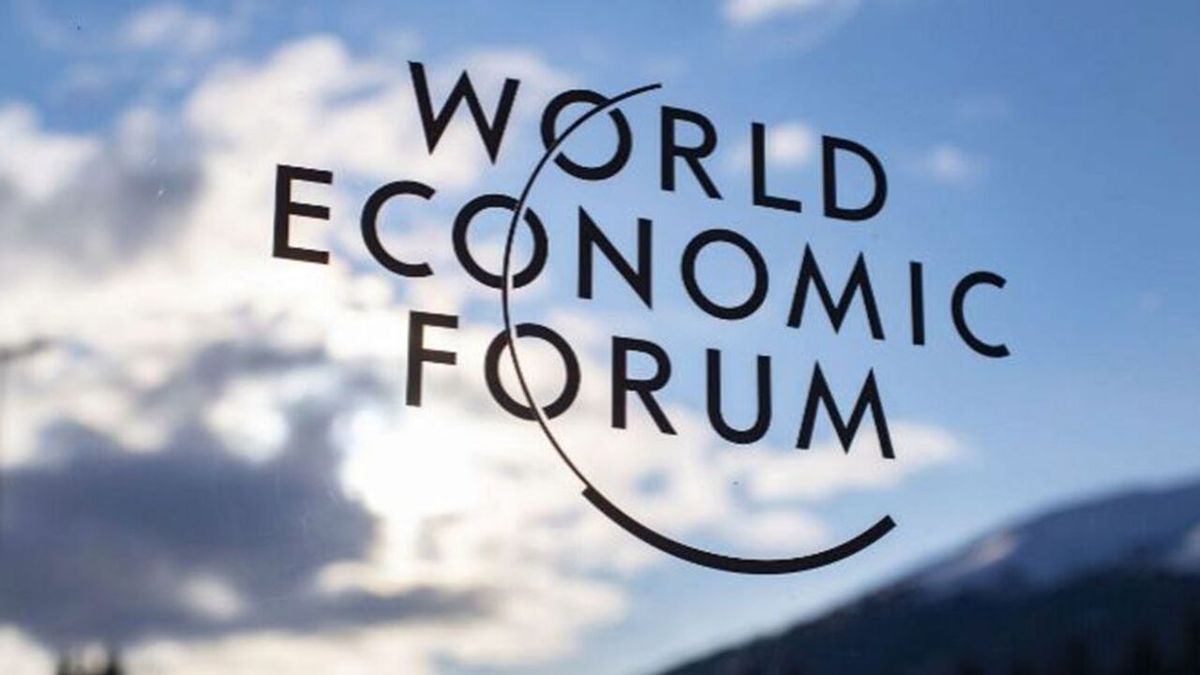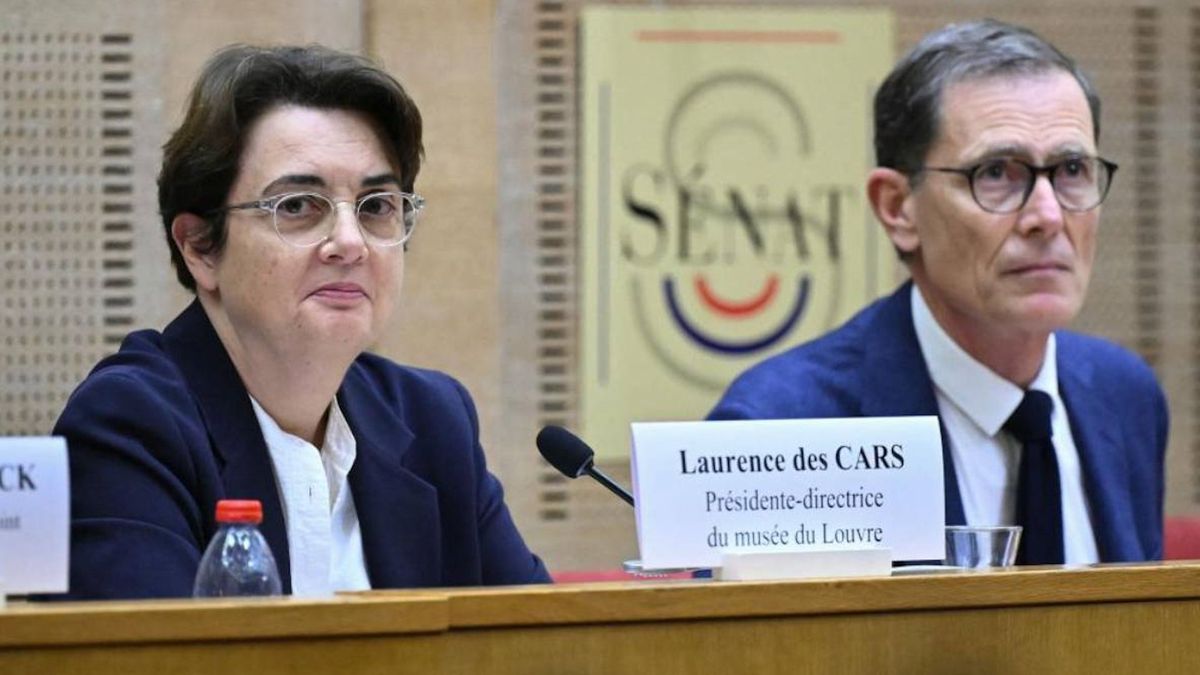The report stated that “rapid and sustained” inflation is a “global concern” and constitutes one of the top five risks for the next two years in the 89 countries surveyed in the document.
“It was ranked as the top threat in several G20 countries, including Brazil, South Korea and Mexico, although inflationary pressures have affected both developed and developing economies. Inflation rates exceeded 80% in Argentina and Turkey, while Zimbabwe, the Bolivarian Republic of Venezuela, Lebanon, the Syrian Arab Republic and Sudan registered triple-digit inflation,” the letter detailed.
On the other hand, the Davos Forum considered that globalized capital flows “have increased the exposure of emerging and developing markets to rising interest rates, especially those with a high proportion of dollar-denominated debt, such as Argentina, Columbia and Indonesia.
He also noted that some emerging and developing markets “They are feeling the impacts of monetary policy tightening and deteriorating economic conditions first and most acutely.”
“A generalized global recession within the year could moderate inflation and limit interest rate hikes, but there is a greater risk of a balance of payments crisis in the near term, along with a credit crunch in the medium and long term,” added.
In this context, he warned that “The largest emerging markets that exhibit the highest risk of default include Argentina, Egypt, Ghana, Kenya, Tunisia, Pakistan and Turkey.”
For this reason, he suggested that the private sector could be incentivized to participate in debt restructuring “through a variety of mechanisms, including the issuance of new bonds with stronger legal protections, loss restitution commitments, and value recovery, which would allow private creditors to benefit from upward developments in debtor countries in the future, such as GDP-linked instruments in Costa Rica, Argentina, Greece and Ukraine”.
In addition, the report made reference to the metals market and, in that sense, stated: “Several developing and emerging markets have become net beneficiaries of this increased interest from both the public and private sectors, including Indonesia, Morocco and the lithium triangle of Bolivia, Argentina and Chile.”
However, he argued that those countries “have had to walk a tightrope as world powers exert control through trade, investment and technological ties and seek to restrict access by rival states.”
Source: Ambito
David William is a talented author who has made a name for himself in the world of writing. He is a professional author who writes on a wide range of topics, from general interest to opinion news. David is currently working as a writer at 24 hours worlds where he brings his unique perspective and in-depth research to his articles, making them both informative and engaging.




